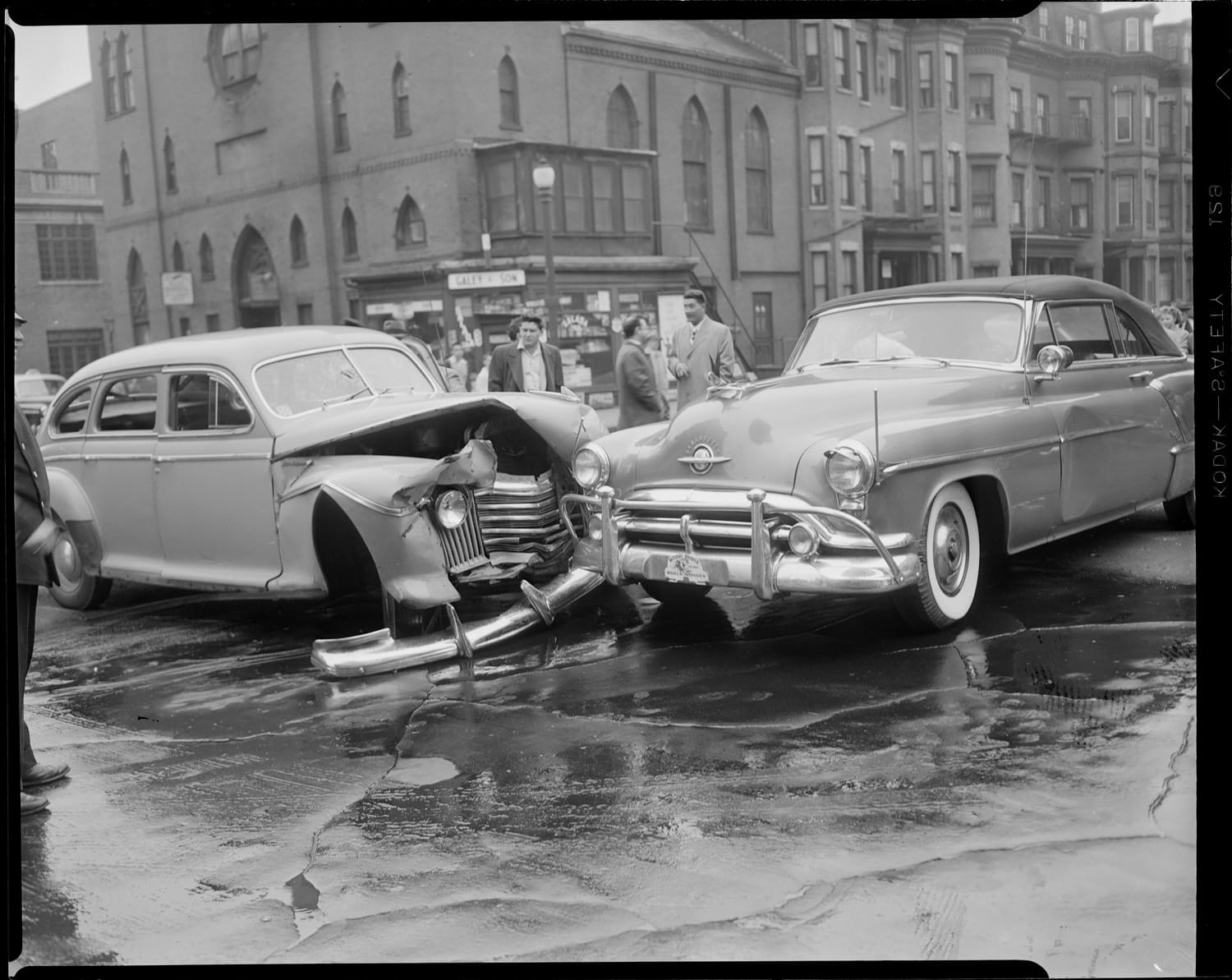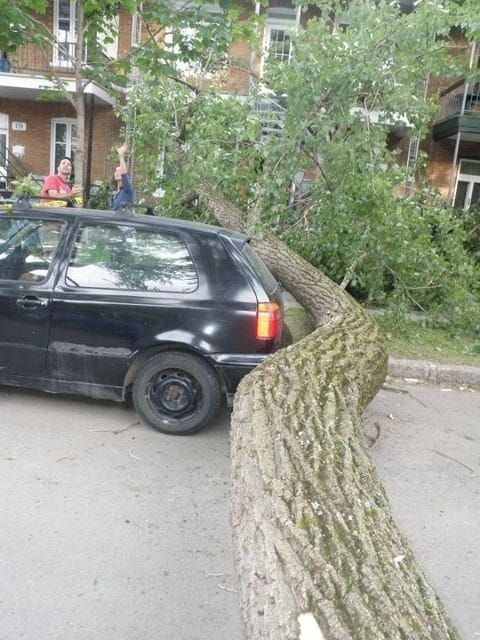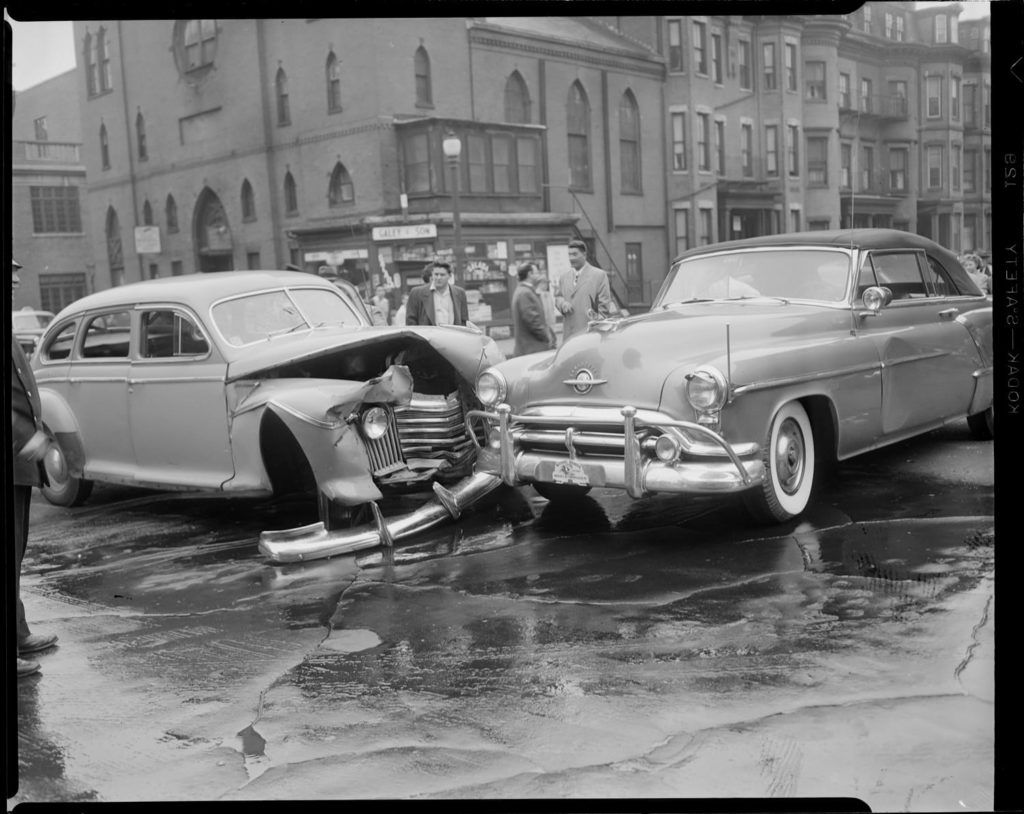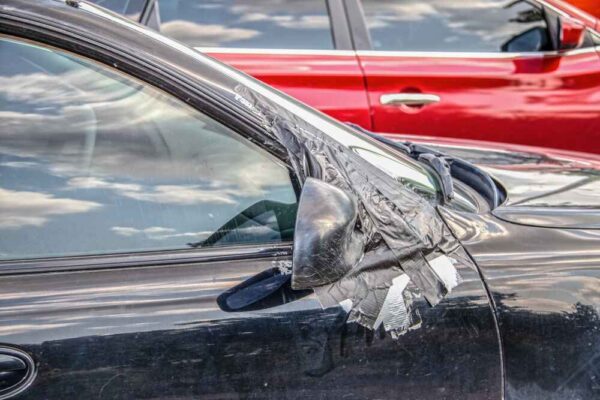
What Is My Auto Insurance Deductible For?
Great question! An auto insurance deductible is often not a crucial point of a conversation when dealing with auto insurance and because of this it is one of the least understood aspects of most policies. Your deductible has a big impact on your auto insurance policy as far as the premium you pay and what you will be responsible for in the event of a claim. Of course before we dive into detail we need to lay down the fundamentals.
What is an Insurance Deductible?
A deductible is the fixed amount that you have agreed to pay out of your own pocket in the event your vehicle is involved in a comprehensive or collision claim. Maybe that wasn’t the best explanation so let me try one more time. A deductible is the money you will be responsible for in the event you are in a collision in which you are at fault or your vehicle is damaged by anything covered under the comprehensive portion of your policy (fire, wind, theft, vandalism, animals). If you have an auto policy and you do not carry either collision or comprehensive coverage and you only carry liability coverage, then you do not have to worry about deductibles. For most of us it gives us peace of mind to carry collision and comprehensive coverage on our policy and therefore we are subject to a deductible. As the holder of the policy it is up to you to decide on the value of your deductible. As a general rule of thumb, the higher your deductible the lower the premium you can expect to pay.
Why Is There A Deductible?
Insurance companies use a deductible for both your collision and comprehensive coverage to prevent policy holders from filing constant claims. As you can imagine if there was no deductible then anytime your vehicle received a little scratch you could file a claim and the insurance company would have to pay out to fix the damage. How do they rectify that issue? They add a deductible. Imagine if you have a minor scratch on your car and go to file a claim, you would be responsible for covering the amount of damage up to your deductible so if the damage of the claim is less than your deductible it wouldn’t make sense to file the claim.
For example if I carry a $500 deductible and a tree branch falls on my car and scratches the hood and the damage is estimated to be $300 then it would not make sense for me to file a claim. I am responsible to pay my deductible because the damage is covered under the comprehensive portion of my policy. In this case the damage is only $300 so if I file a claim I would have to pay my deductible of $500 so the insurance company would not end up covering any of the cost.

How Does My Deductible Affect My Rates?
When you are searching for insurance you should always keep the deductible in mind. If you are dealing with a broker, you have the opinion of a professional alongside you, ask them what they think makes the most sense for you. The broker can explore different deductibles that are geared towards you and your situation. In most cases you will want to have a standard deductible in the range of $500 – $1,000. However, this isn’t the case for everyone. Depending on the deductible amount you will see a difference in the amount of premium you pay. If you choose a high deductible you can expect your premium to be less because now you are taking on a larger portion of the responsibility in the event of a claim. On the flipside, if you select a low deductible you can expect to pay more for your premium because the insurance company is going to take on a larger portion of the claim.
When Does My Deductible Apply?
Comprehensive
Ok, here is where things can get a little confusing for customers. You will remember comprehensive coverage is used to protect you against fire, wind, theft, vandalism and animals. Given the nature of most comprehensive coverage claims you are not “at fault” or responsible for the damage to your vehicle. However, because there is no other driver involved in a comprehensive claim, you will still be responsible to pay your deductible. That’s a bummer I know! But again it is used as a method to keep insurance rates lower for the masses because people will be less likely to file small claims so the insurance companies can use their resources on bigger losses. So yes, if an animal runs out on to the road and totally mangles your car even though it was to no fault of your own you will be responsible to pay a deductible. That will likely have you saying, “Oh Deer!” which is why you should also read this article on what to do in the event you hit a deer.
Collision
The collision aspect seems to be straight forward and much easier to understand. If you are involved in an accident, in which you are deemed 0% at-fault for, the damage to your vehicle will be paid out under the direct compensation portion of your policy with no deductible. On the flip side, if you are involved in an accident with a third party and you are deemed at fault, you will be responsible to pay your deductible amount, as this falls under the collision coverage of your policy. In some cases you and the other driver will both be deemed partially at fault and this means both parties will be responsible to pay their own deductible amount.

Hey we get it, your insurance deductible isn’t that fun. At least now you have a little bit of knowledge and can make an informed decision about what deductible amount would make the most sense for you. If you are someone who is 45 years old and never been involved in an accident, then consider raising your deductible to save on your premium. I hope we didn’t just jinx it!
You Might Want to Read
June 15, 2025
Sideswipe Collision: Who Is at Fault in Sideswipe Accidents?
June 15, 2025
Least Depreciating Cars in Canada
June 5, 2025
Welcome to the Team Keyes Insurance


